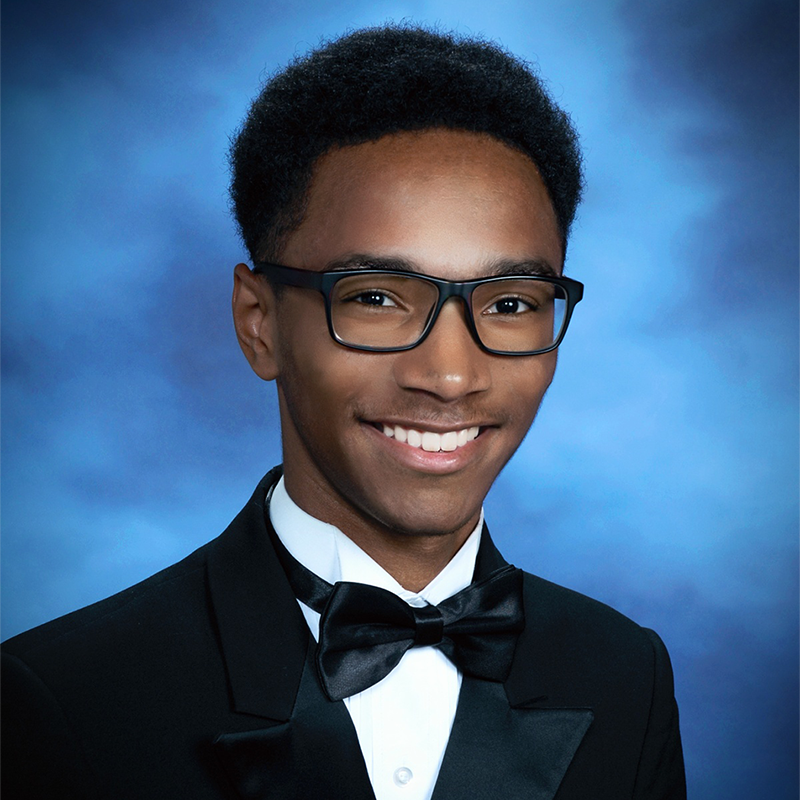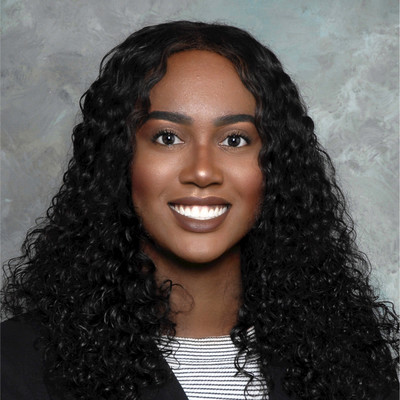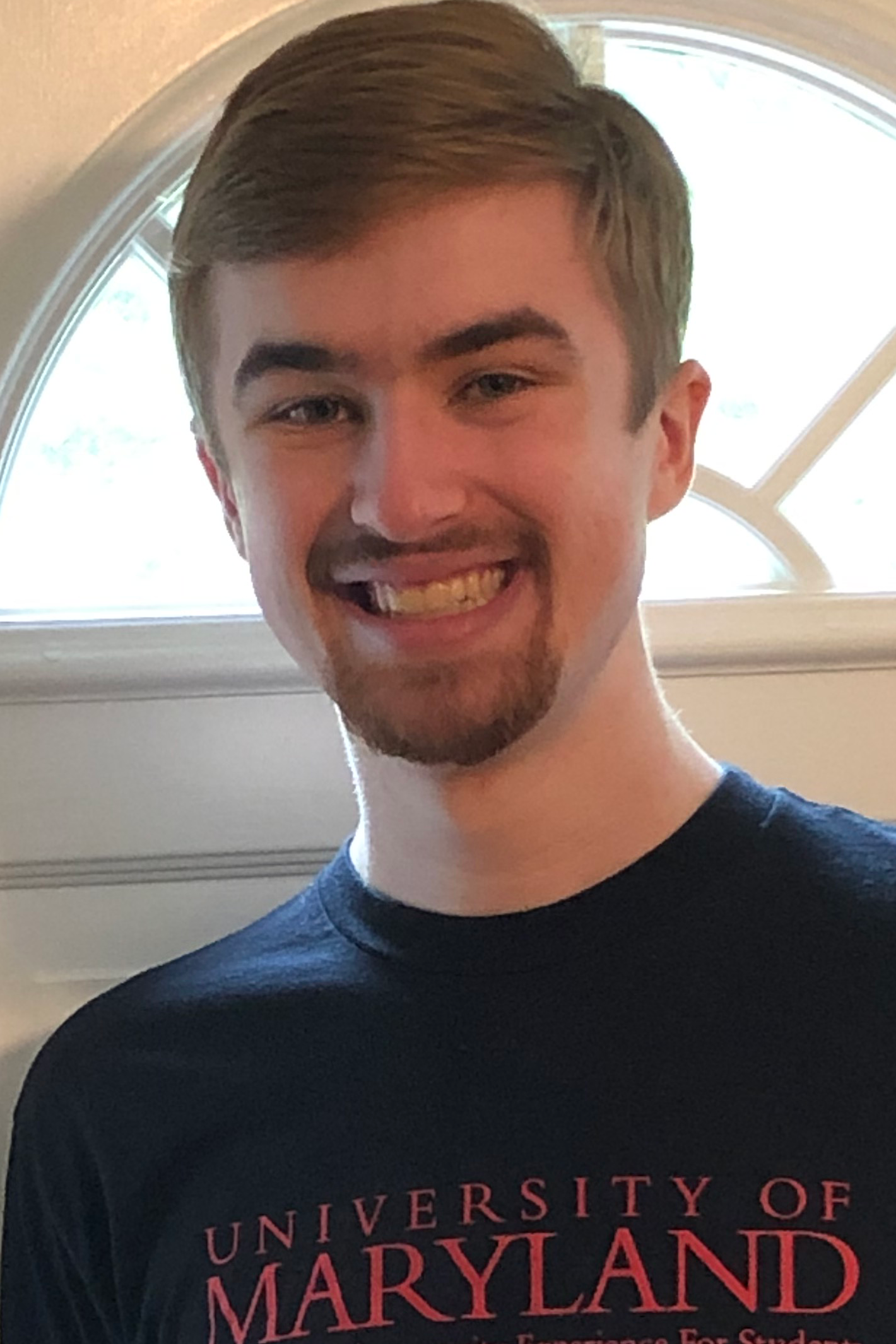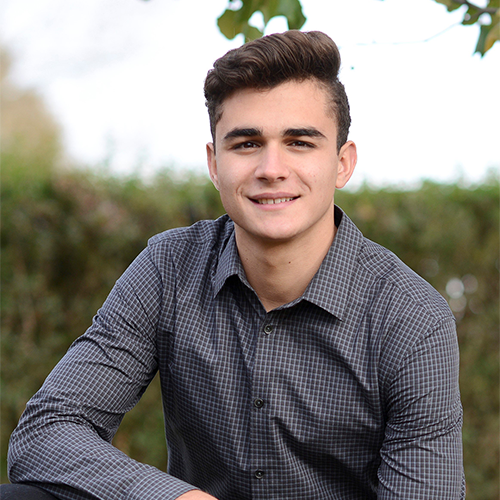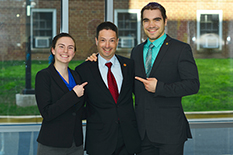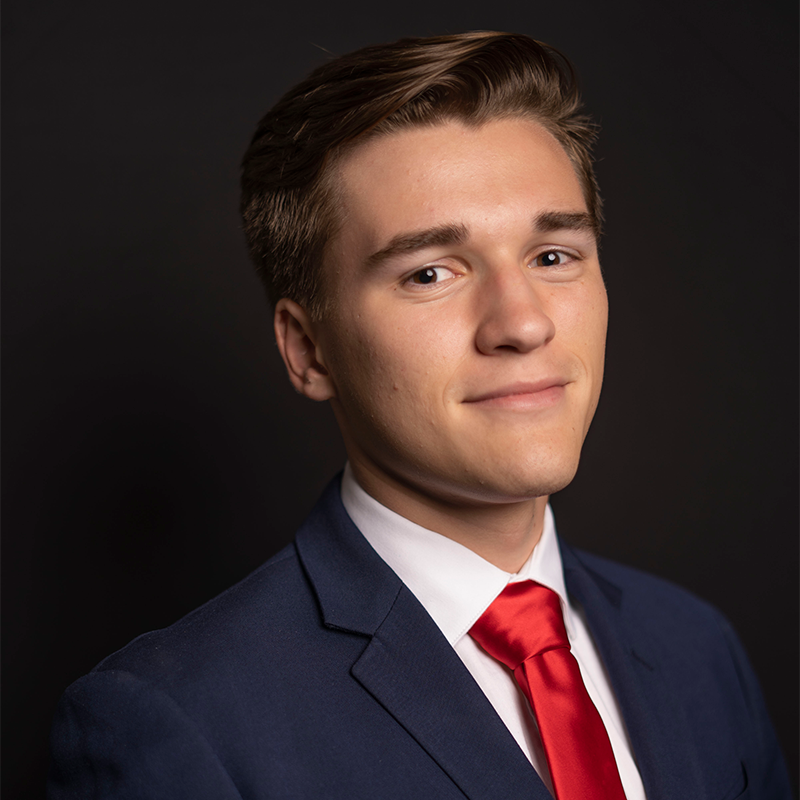News Story
Student Highlight: Caleb Wheeler
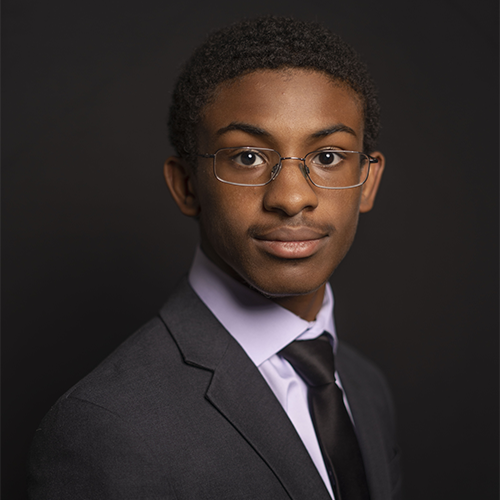
Though Caleb Wheeler is in only his second year at University of Maryland, he’s currently involved in his second of two research projects.
Wheeler is in his second year of the ACES Living Learning Program, double majoring in math and computer science.
Under the physics department, Wheeler performed research involving computational physics. His second research project, which he is completing alongside other computer science students, began in Fall 2020.
“it was actually something that I wanted to do for a very long time, but since I was taking CMSC396H, which promoted doing research with other classmates, it finally gave me a reason to get started,” Wheeler noted of the origins of the project. “I made a post on the Piazza, found other people who wanted to work on the same project, and I am still working on it.”
For this project, he and his teammates are attempting to determine how reconstructions of complex 3-dimensional objects can be combined to form a final object whose 3D geometries are known.
“A good way to think about it is: I know what a Lego brick looks like, and I know what a Lego house looks like, can I figure out how to combine the Lego bricks to make the house?” Wheeler described.
However, because this problem is vast, he and his teammates are focusing on simulating the ordered combination of geometric shapes to produce a more complex geometric shape.
“Technically, this has already been done before,” Wheeler noted. “What makes what we are working with different is that we are trying to see if a robot can make such determinations if it were to slowly get information about the 3D form of an object.”
For Wheeler and his team, this project meant learning a lot more about computer vision and computational geometry: “An immense amount of time was spent studying algorithms for computational geometry, linear algebra, and even bits of topology,” Wheeler stated. “This took a rather large part of the semester, and towards the end of it, we developed some details of an algorithm based on what we learned to handle the geometric combination part of it, but it was only based on some math idealizations. Now that we know a little bit more about computational geometry, we are now beginning to actually translate the algorithm we came up with to code, and will be testing that with simulations using Blender rather soon.”
This research directly relates to Wheeler’s larger goals. “I have a goal where I want to eventually get a robot to have the ability to automate infrastructure construction, and speed up the non-legal aspects of changing city design,” Wheeler described.
However, he also acknowledges that his career trajectory could go in a number of different ways.
“I am currently undecided as to whether I would like to pursue a PhD, or work in a job where I would be doing similar things,” Wheeler noted. “It's because of my manager at NASA that I know there are jobs out there in the field that do not require a PhD to do research or build new things. As a related aside, part of the reason why I decided to be a math major instead of a physics major is because at NASA, I had the chance to talk to some roboticists that my manager introduced me to, and they told me about all of the mathematics that goes into robotics.”
Wheeler’s interest in robotics and engineering expands farther back than just his time at UMD. A previous member of his high school’s CyberPatriot competition team, he was introduced to the “ropes of system administration” before he joined ACES.
“ I knew that I needed to learn more about cybersecurity so that foreign governments or business rivals could not attack the things I would build and potentially hurt a lot of people,” Wheeler said. “I chose ACES because I wanted to learn about the ways the devices I engineer could be used to hurt others.”
Looking forward toward future generations of ACES students, Wheeler offered his best advice.
“One of my favorite phrases is ‘if you get an inch, take a mile.’ I would give that same advice to ACES newcomers. The benefit of college is that we are surrounded by many people of various backgrounds and interests. In speaking with them, you never know what you can learn. If you hear about a seminar from a friend, go to that seminar. If you learn about job opportunities from a professor, dig into that job opportunity. If you are worried about not being qualified to do something because it is not your field, do it anyways.”
“Taking every opportunity you get yields surprising results,” Wheeler continued. “I got my first internship because I went to a small meeting that was scheduled by a club that only ten people went to, because I listened and took the opportunity. I did some control systems work in a club, something outside of my major, and it helped me significantly in a later CS class. Take every opportunity you get, and maximize what you get from it.”
Published April 30, 2021
